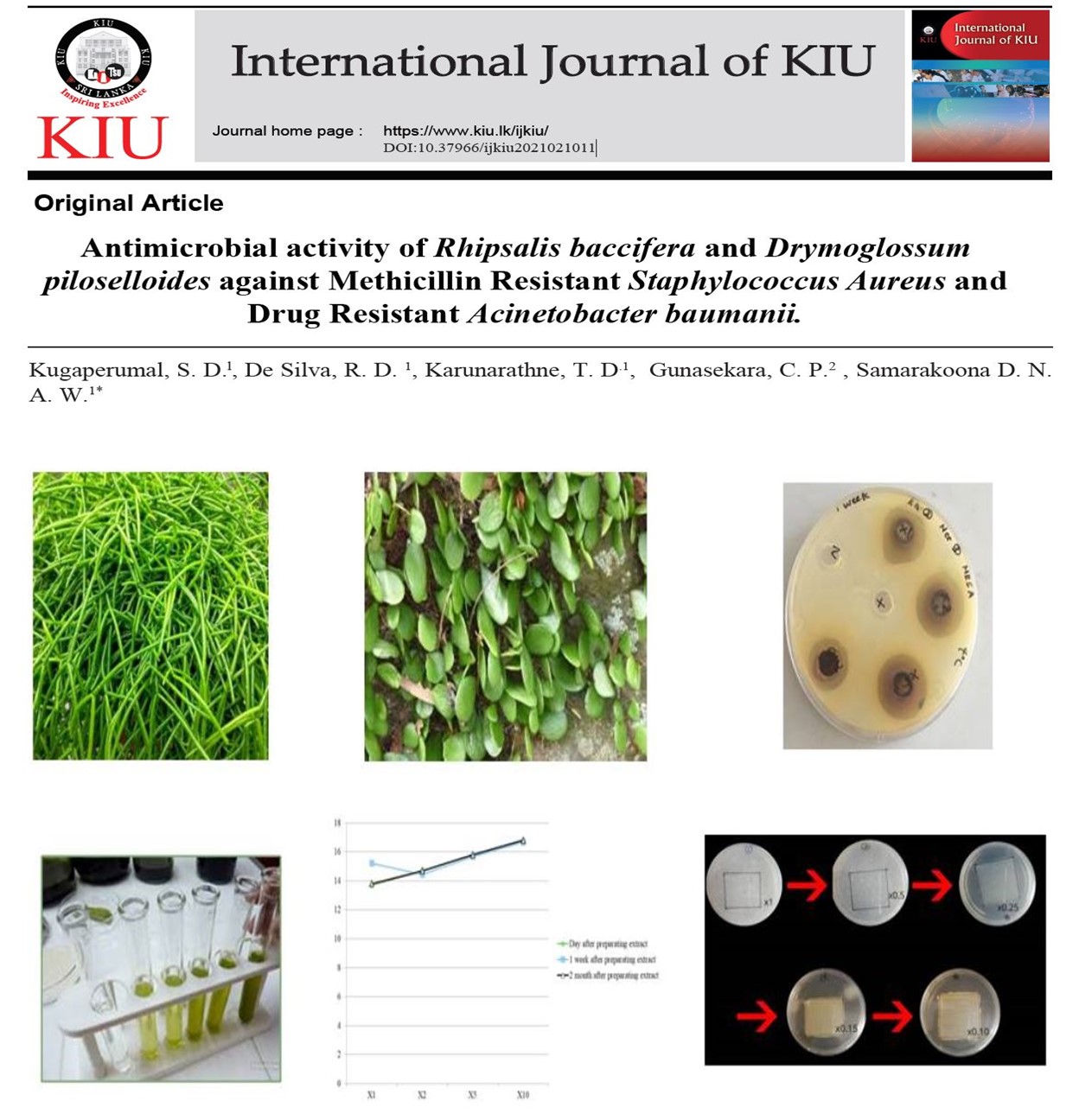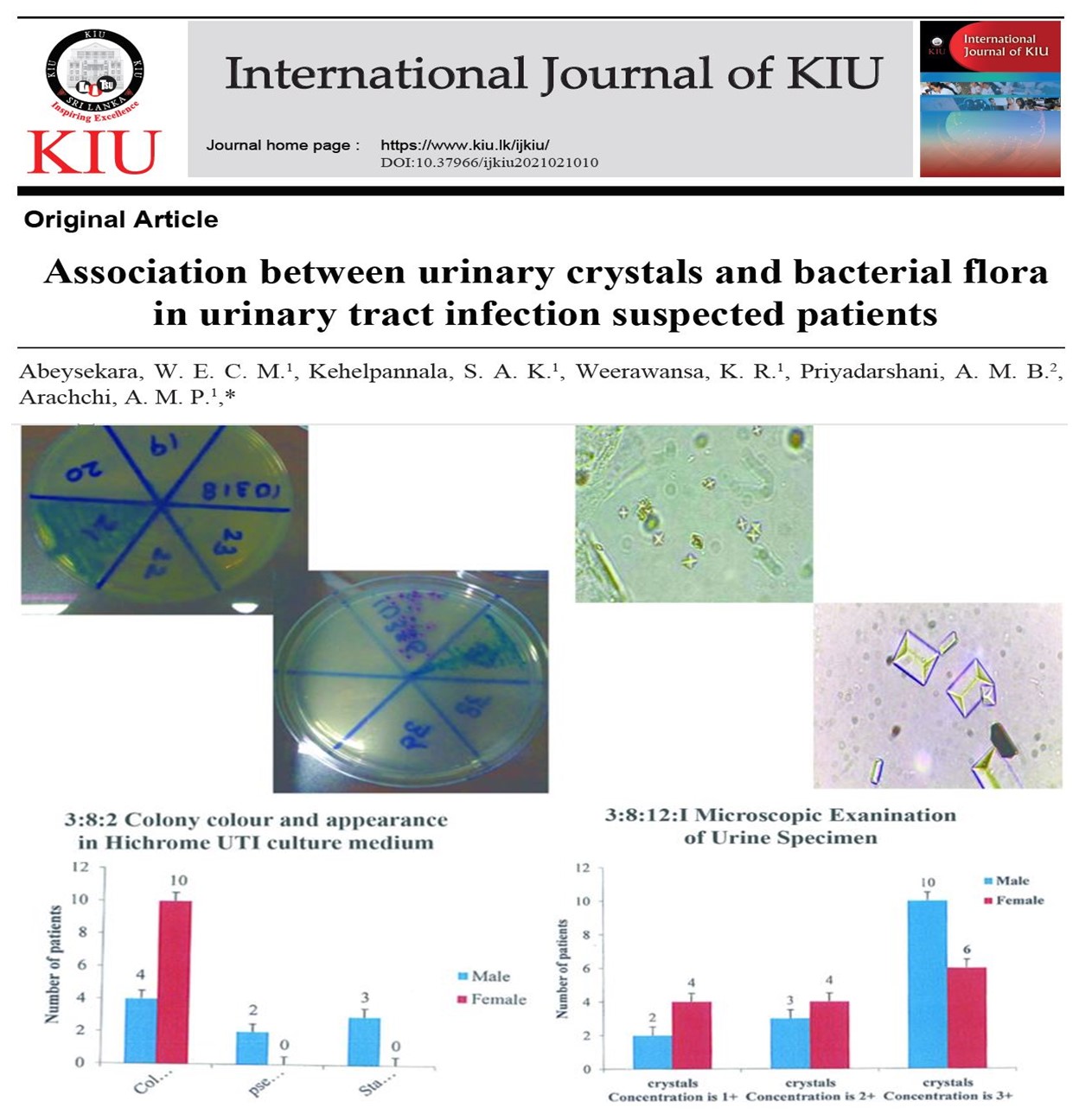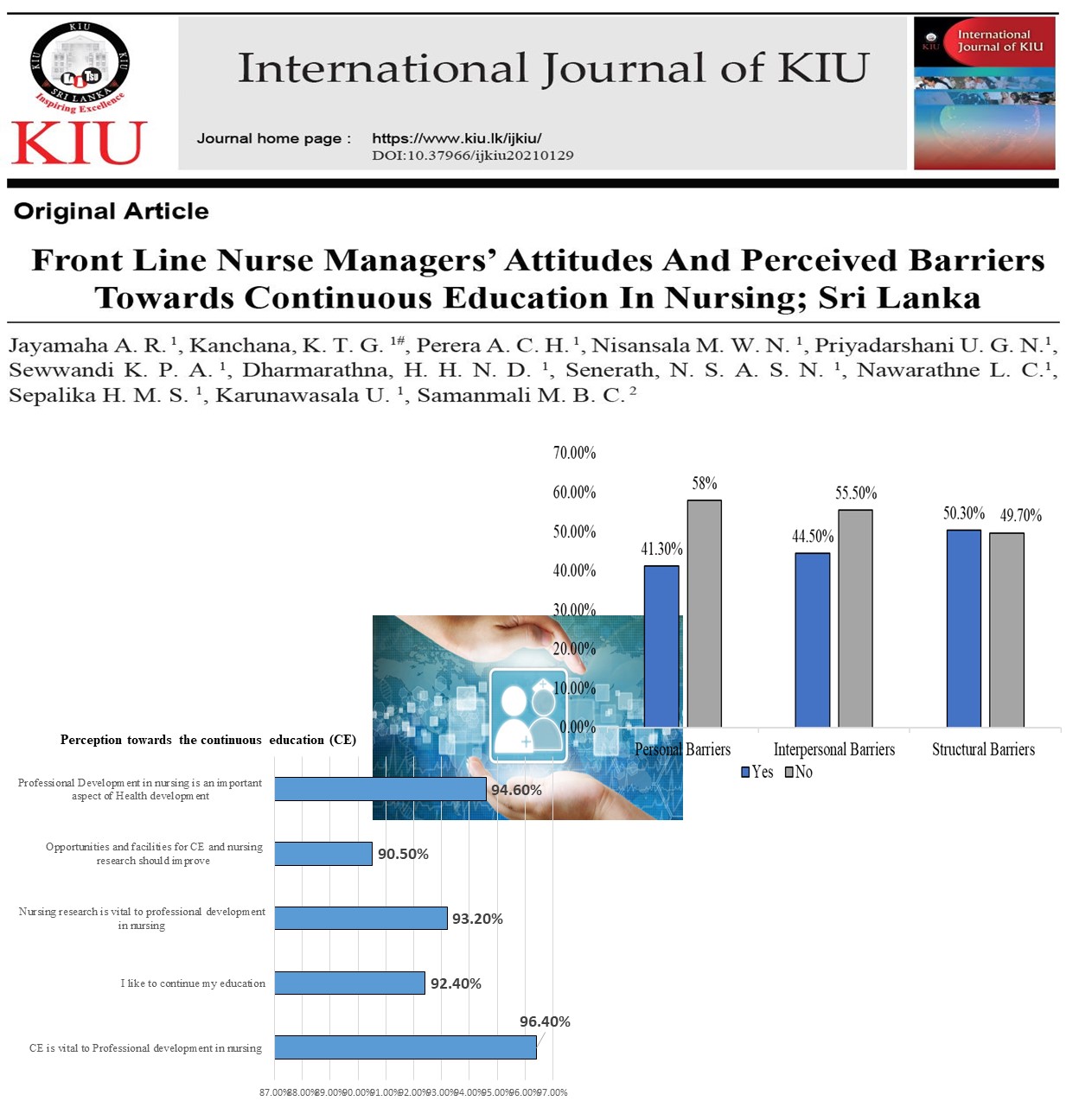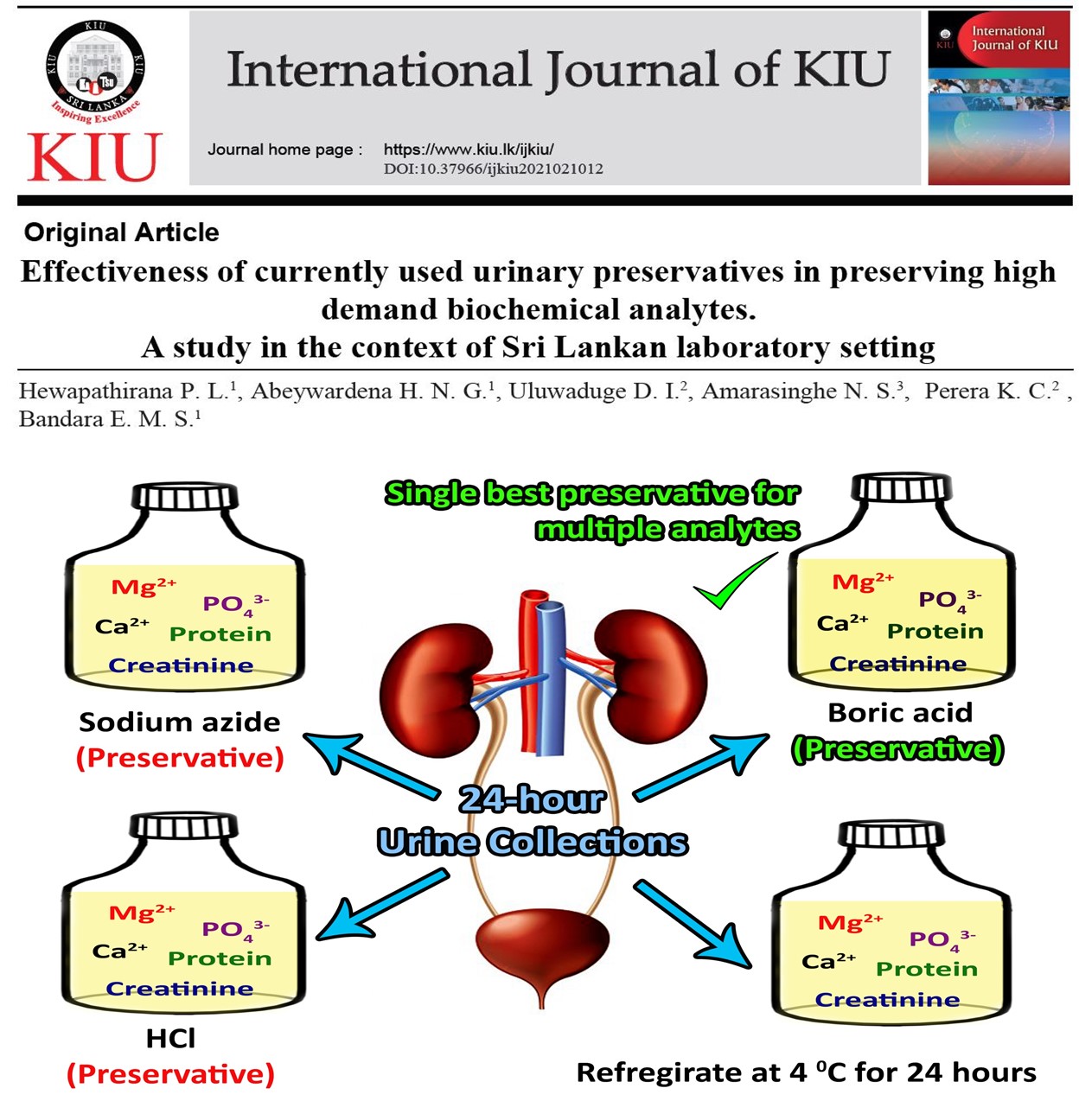Antimicrobial activity of Rhipsalis baccifera and Drymoglossum piloselloides against Methicillin Resistant Staphylococcus Aureus and Drug Resistant Acinetobacter baumanii.
Methicillin Resistant Staphylococcus aureus (MRSA) and multidrug-resistant Acinetobacter baumanii are known to cause delayed healing of infections in both acute and chronic wounds. Plants are a natural source of novel antimicrobials and many new drugs are derived from plants, as plants contain phytochemicals that have antimicrobial activity. Sri Lanka is a tropical country with a wide variety of plant species, many of which were identified as possessing medicinal qualities and have been used by traditional medicinal practitioners in the treatment of various diseases and ailments. Dressings made of Rhipsalis baccifera and Drymoglossum piloselloides have been used to treat wounds by Sri Lankan traditional medicine practitioners. This study determined the antibacterial activity of aqueous and methanol extracts of R. baccifera and D. piloselloides against MRSA and Multidrug-resistant A. baumanii. Aqueous and methanolic extractions of both plants were done by maceration. Their antibacterial properties were checked against MRSA and A. baumanii by the well diffusion method. The effectiveness of the extract was further tested against factors like temperature and storage time. R. baccifera (aqueous extract) exhibited antimicrobial properties against MRSA but no activity against A. baumanii. The antibiotic activity against MRSA was increased after two months of storage at 4°C. D. piloselloides exhibited no antibiotic activity against both MRSA and A. baumanii. The methanolic extracts did not demonstrate any antibacterial activity.
Keywords
Antibiotic activity
,
MRSA
,
Acinetobactorbaumanii
,
Rhipsalisbaccifera
,
Drymoglossumpiloselloides









Related Articles